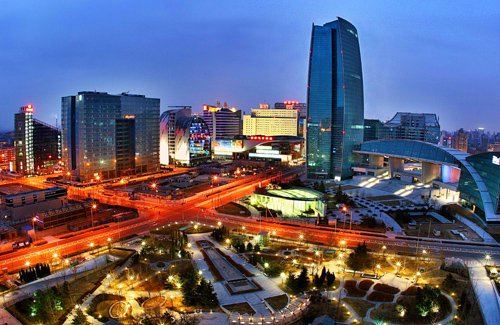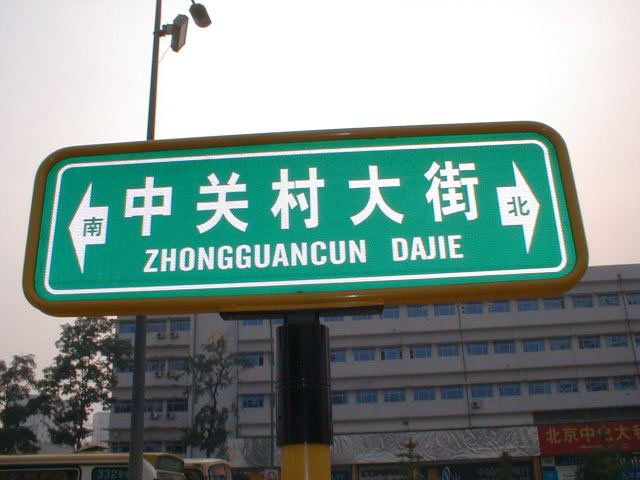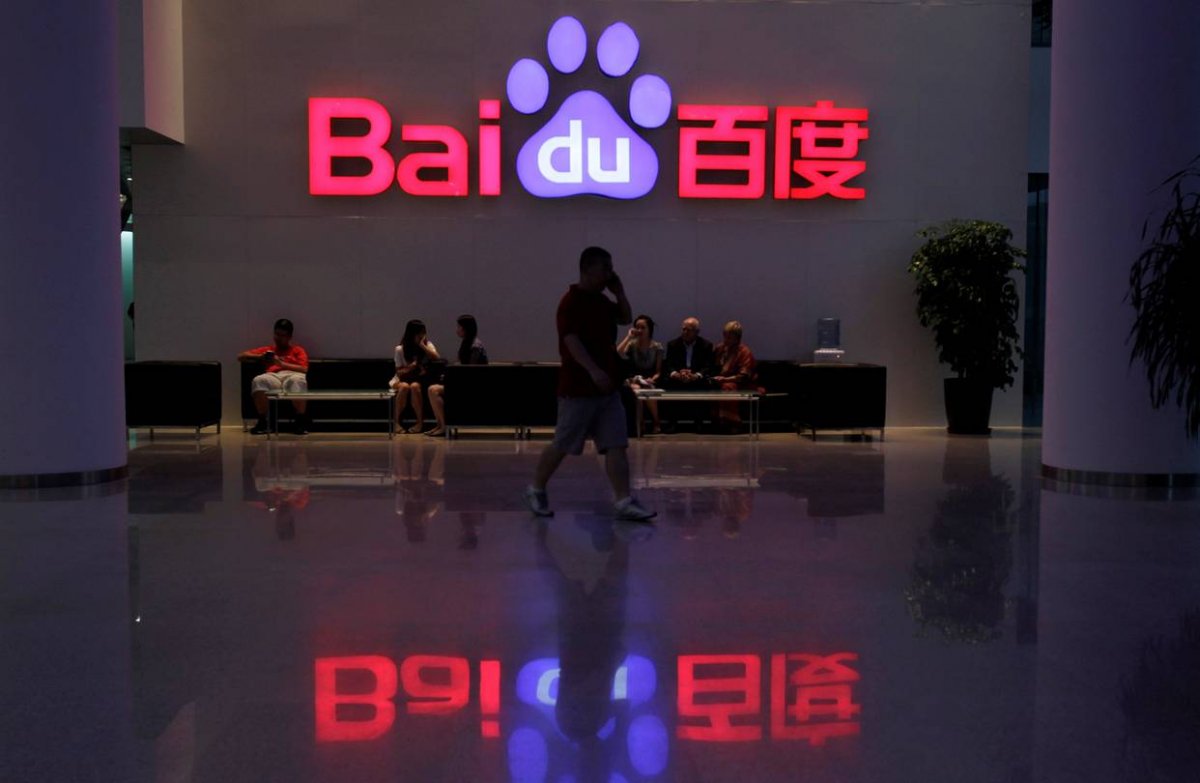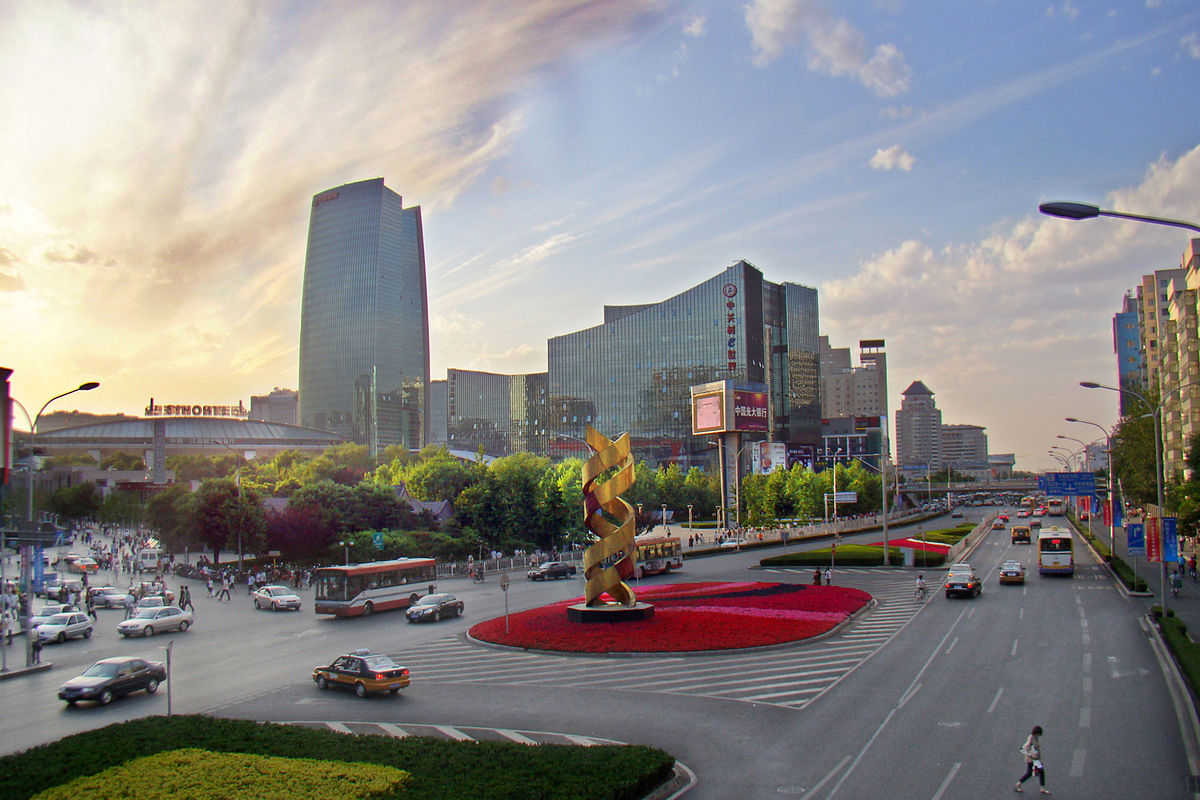Study Says Beijing Trumps Silicon Valley as the World's Top Tech Hub, But Those on the Ground Unsure
Move over, Apple. It's time for Xiaomi to shine.
At least that's the conclusion drawn by the new Top Tech Cities study, conducted by an Austin, Texas-based business resource company Expert Market, which declared Beijing's Zhongguancun innovation hub to have claimed the number one spot despite being less famous than longtime IT haven and Steve Jobs' former stomping ground, Silicon Valley. Forbes recently reported on the findings, pointing out "its favorable climate for early-stage funding and the city's affordable cost of living (though costs for home buyers in Beijing are even higher than in San Francisco)."
The piece went on to say Beijing is the "only true competitor to Silicon Valley, thanks to its massive market, fast consumer adoption rate, rapid business development timelines, and appetite for innovation. In 2016, the government announced that it would invest USD 1.5 billion to renovate and develop the area, which is home to major Chinese companies such as Xiaomi as well as American corporations such as Google and Intel."
However, those on the ground have a different take. Nils Pihl, CEO at Traintracks.io, already wrote an essay last year for Business Insider about why he'd rather be based in Zhongguancun than Silicon Valley, or his native Sweden for that matter. However, when asked by the Beijinger about the new Top Tech Cities findings, he was quick to argue: "I think what Beijing is still lacking is better access to top-tier international talent. Many of the best engineers in Beijing still choose to leave for San Francisco, and very little has been done to attract and retain international talent."
Pihl isn't alone in that thinking. AppInChina founder and Free Financial Self founder Shlomo Freund agree that Zhongguancun may very well be gaining ground on Silicon Valley and its other international competitors, even if its prospects for expats are less than worldly, saying: "For foreigners, it's still very hard to start off, as there is no entrepreneur visa option like other countries have. So, when you are coming to build your company and officially open it, you need to find a way to stay which makes it very difficult."

Rather than being relatively inaccessible, Murphy Zhuang sees it as overly congested and even cutthroat. The co-founder of LetinVR, a Beijing-based VR company, says that "competition is too high" in the Chinese capital.
He adds: "The government is very supportive of cutting-edge technologies like AI and VR, and there's more and more investment. But there are just so many companies eager for that money – it seems like anything one company can do, ten others are able to do so as well." Other issues he points to include a high concentration of technical teams in Beijing, and "the number of big Chinese companies that are pouring in, like Tencent, Alibaba, and Baidu."
Harsher criticism, however, comes courtesy of a Vancouver-born expat who has worked in various tech scenes across China, before moving on to Silicon Valley (and who asked to remain anonymous for this article). "Just read it (Expert Market's study) and it's total crap," he says, before calling the study's "methodology wrong" and pointing to what he at least sees as an even more inherent problem in Chinese innovation, or lack thereof in his eyes. "It goes back to the way they raise their children. Spoiler alert – they can’t make their own choices. If you aren’t making decisions then you obviously aren’t making bad decisions so by default you aren’t learning at the rate of someone who does."

He equates it to "Peking U taking the top spot from MIT as the best engineering school. A friend of mine put it best: 'It’s true. Peking U puts out the highest quantity of the highest quality engineers ... using technology developed by MIT students.'"
When asked about these points of contention, Expert Market prepared an official statement for the Beijinger conceding the Chinese capital "does have a somewhat insular ecosystem – many of its companies function independently of foreign customers, and compared to other cities there is a lack of international relationships."
That said, those at Expert Market are quick to point to Beijing's other attributes that factored more heavily into its study. The Chinese capital's population of 25 million people helps matters, though that figure pales in comparison to a more crucial one: 231 billion. Or, USD 231 billion, to be precise, which is the amount of money that the Chinese government has invested into the startup scene. Expert Markets reps call that cash injection "substantial" before calling Beijing’s tech hub infrastructure "impressive" because it "provides vast amounts of people with the ability to start businesses quickly and with a good chance of success. In fact, according to 2017’s Global Startup Ecosystem Report, Beijing has the second highest concentration of unicorns in the world."
However, that doesn't mean that these Zhongguancun insiders are dismissive of Beijing's prospects over those of Silicon Valley. Pihl, for instance, says "Beijing is certainly a very strong challenger to Silicon Valley, and I am very optimistic about how the community and industry have been growing together."
And he says he has plenty of reasons to be so optimistic. "Beijing has grown and matured tremendously over the last five years, in particular. Thanks to high access to qualified labor, cheap alternatives for living when you're in your early struggles, and an increasingly healthy investor climate Beijing has been able to incubate many fantastic companies."

Zhuang agrees, adding, "The pace of innovation is getting faster and faster, market acceptance is very high, and the application space is also wide. A lot of money is coming in. But the most important point is China has the world's largest number of internet users." In Zhuang's eyes, the sheer amount of those netizens "means that there is enough space to try all kinds of new technology and applications. This is what other countries do not have."
Those elements and more leave Andy Mok, an economist and CCTV/CGTN commentator, to have even fewer reservations about Beijing's IT potential than those of Zhuang and Pihl. Mok says "Beijing is absolutely comparable to Silicon Valley as an engine for innovation and startup growth. It is also likely to surpass Silicon Valley in the near future."
Mok bases that assertive optimism on a few promising factors, including, "The combination of government policy and investment, as well as the sheer size and depth of the talent pool in Beijing, guarantee that it will assume leadership position globally in innovation entrepreneurship."
Or, as Expert Market put it in its statement to the Beijinger: "Though it may fall down on international appeal, Beijing still provides a huge amount of people with everything necessary for tech startup success.
More stories by this author here.
Email: kylemullin@truerun.com
Twitter: @MulKyle
Photos: blog.oddup.com, Junglekey, wsj.com



![[DP] Too Hot for Hot Yoga? Time for AquaX and BOGA [DP] Too Hot for Hot Yoga? Time for AquaX and BOGA](https://www.thebeijinger.com/sites/default/files/styles/blog_list_image/public/thebeijinger/blog-images/265699/boga_outdoor_1.jpeg)



